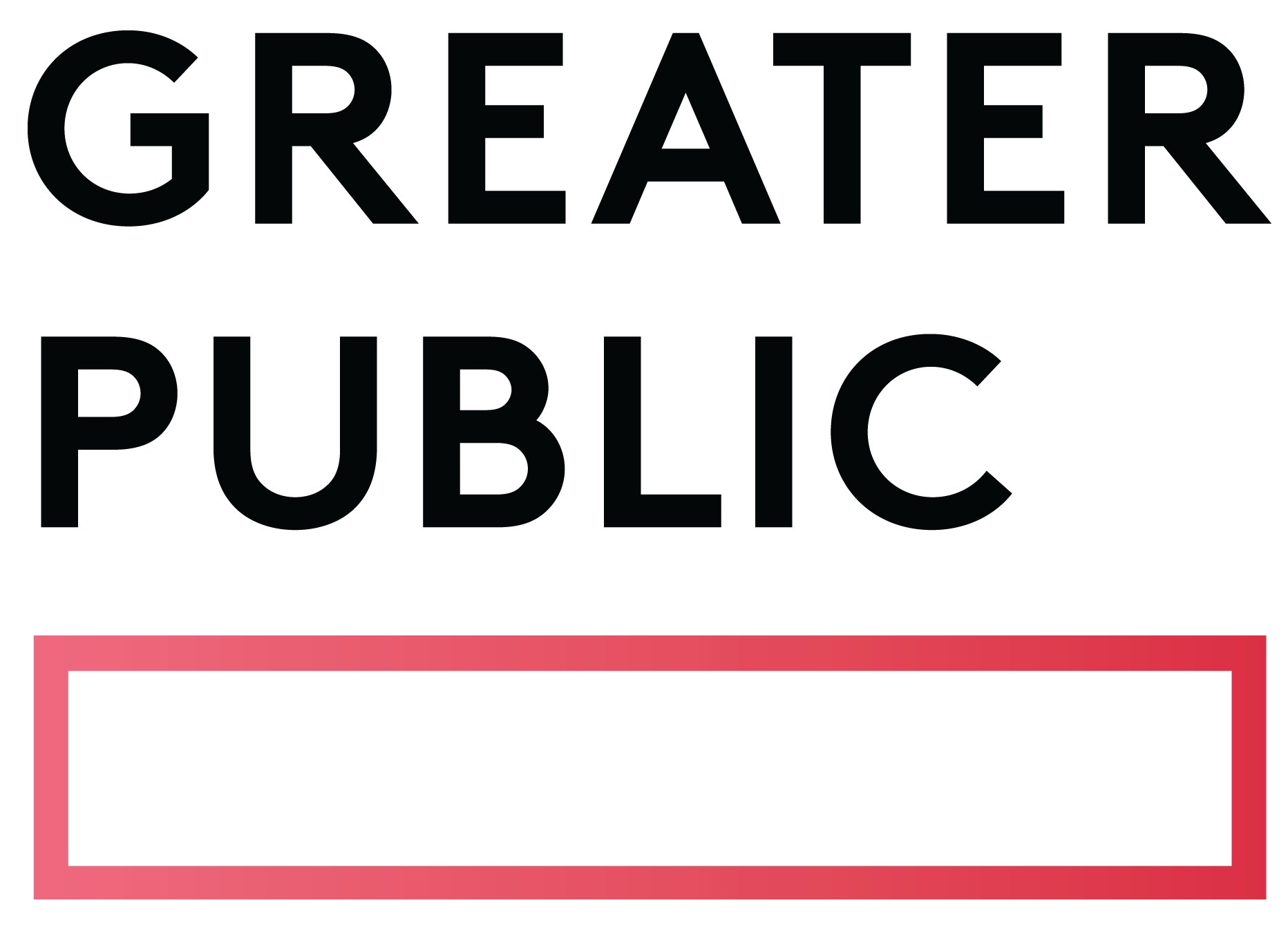Related Articles
Subscribe to the Greater Public newsletter to stay updated.
This site is protected by reCAPTCHA and the Google Privacy Policy and Terms of Service apply.

An earlier version of this post was first published in 2017.
In difficult times, the power of music is vital to our listeners, as a respite from difficult news, and as an inspiring and energizing force. It is also a connection to a community of other music lovers that is part of our mission as public media organizations.
However, when it feels like the outside world is turning upside down, and the impacts of climate change are causing more major natural disasters impacting millions of Americans, fundraising for music can be decidedly tough, especially for a distracted audience.
Conducting fund drives while natural disasters unfold requires a great deal of sensitivity. Settling on the right strategy and finding the right messaging mix is essential. We know that some donors will reallocate money they might have donated to their local station to disaster relief. That’s understandable. But it’s important to continue to educate your listeners – thoughtfully – about the importance of supporting the music programming they value. Our set of scripts for music stations can help you give context and balance to your messaging efforts.
As a music station, it’s important to understand the current fundraising landscape.
If your fundraising campaign is scheduled within the next couple weeks of the disaster occurring, and you’re in the impacted region, you need to consider moving these efforts back by a week or two, to gain some space from relief appeals overwhelming the fundraising landscape.
If you are planning on forging ahead within days of a major disaster, you’ll need to take special care to make sure your pitching is focused on the core value of your programming service and the personal importance your station has to listeners as a refuge during times of disaster and strife. You’ll want to make sure your pitch teams have internalized the ideas, messaging priorities, and bullets below.
If you are in the middle of a campaign when a disaster occurs, we often recommend pausing your campaign, and focusing on your core mission, providing music programming to your community. You can explain to listeners why you have decided to pause, and when you do restart the campaign, you can explain that choice as well. Your audience will appreciate it and come back to support you when you resume or reschedule your efforts and in some cases more than before.
As we outlined in the news programming version of this post, your strategy for off-air fundraising will need to be reviewed as well.
If you are sending direct mail as part of your campaign, it’s important to review whom and where you are mailing to. If your station’s coverage area, and/or if your mail to your online listenership includes the highly impacted areas, exclude the zip codes of those areas from your mailings, whether you mail internally or with a mail house. You may need to do this for an extended period of time as recovery continues.
We asked our colleague Rachael Wolber, Vice President at M+R about effective approaches they have seen and used by organizations online.
If operations at your station have been affected, share impact reports. Include a softer “donate” ask like a donate button at the close of an email or linked text: “If you’d like to support our recovery efforts and community updates after [EVENT], you can do so here.”
Including passive donate options in web news articles about the crisis: “If you’d like to support our continued coverage, you can do so here…”
Once the immediate danger has passed, don’t be afraid to ask! People want to help in times of crisis. You can also share an ask with other causes (“If you want to help, you can donate to the FL Red Cross here, or support our continued coverage here”) to soften it a bit.
In times of crisis, music serves as a beacon of hope, a source of comfort, and a bridge to community. As public media organizations, our mission is to provide this essential service to our listeners. While fundraising can be challenging during natural disasters, it’s crucial to continue educating our audience about the value of supporting the music they love. By focusing on our station’s vital role in enhancing lives, providing information, supporting recovery, and amplifying community voices, we can strengthen our fundraising efforts and ensure that our music continues to uplift and inspire.

This site is protected by reCAPTCHA and the Google Privacy Policy and Terms of Service apply.
New to Greater Public? Create an account.
